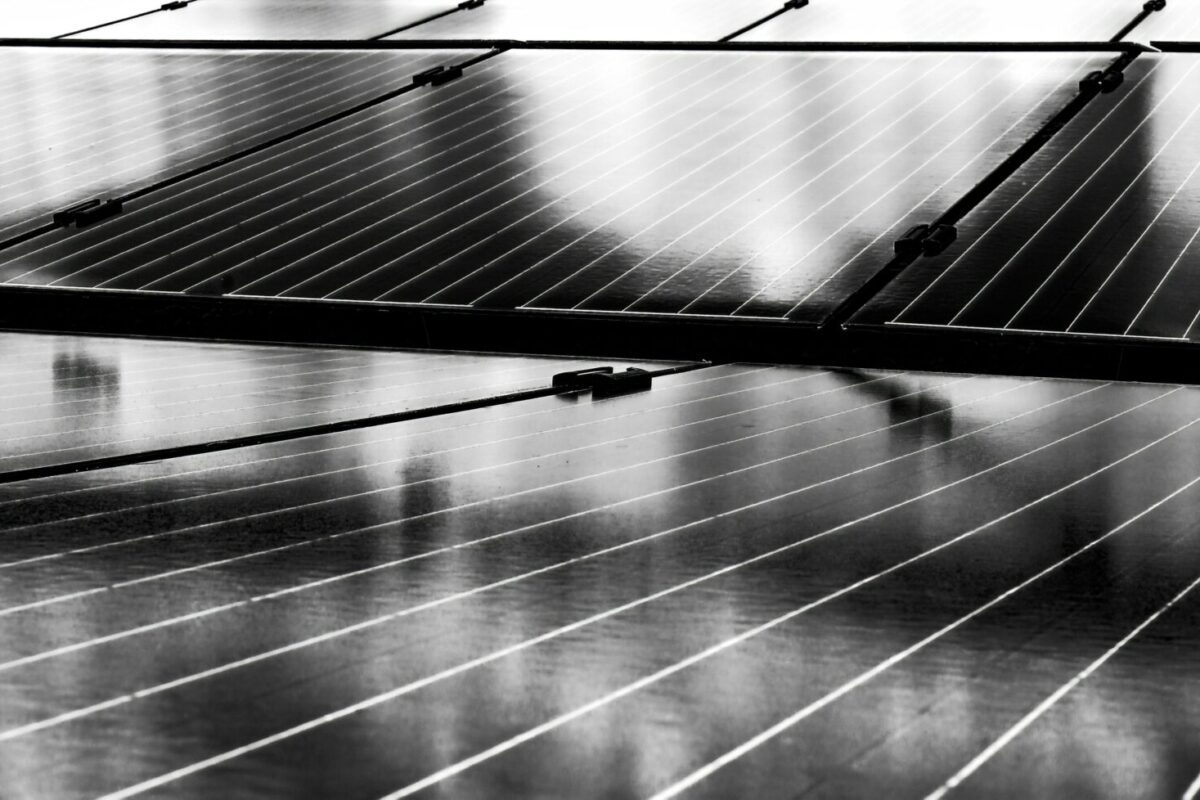The winners of this year’s Zayed Sustainability Prizes were announced in Abu Dhabi today, with a French solar NGO scooping the energy award. Electriciens sans frontières – Electricians without borders (EWB) – claims 50,000 people have benefited from its projects. The NGO aims to improve water and electricity access for a million people.
With an annual budget of €2.9 million ($3.2 million) generated by donations and public funding, the $600,000 prize money will help the organization expand activity this year. Tania Chauvin, a project manager for the EWB, said the number of displaced people picked up in the latter stages of last decade so the need for the NGO’s programs has increased.
“The year 2018 saw the highest number of refugees in the world ever,” said Chauvin. “It’s a prolonged crisis, so it’s important we continue to have an impact.”
Improved security
There are 129 projects run in 38 countries by the EWB. The provision of solar lighting for off-grid refugee communities is particularly important for the personal safety of residents. Lighting alone can reduce assaults in such areas and particularly benefits women and girls.
Notable projects run by the EWB include the provision of solar lighting and training programs at the Za’atari refugee camp in Jordan, which had grown to accommodate close to 80,000 Syrian refugees by 2018 – making it Jordan’s fourth largest city at the time. The EWB began work at the Za’atari camp in 2012.
The training programs the NGO provides ensure long term maintenance of solar kits and lights. In Cox’s Bazar in southeastern Bangladesh, the EWB was involved in installing 75 solar street lamps. The project was rolled out with French multinational Schneider Electric. Some 22 locals were trained in solar installation and maintenance as part of the program.
Snowball effect
“The idea is to have this kind of snowball effect, so first we train the trainers,” said Chauvin. “Our engineers worked with the local NGO, ‘Friendship’, which handles activities within the camp. We first trained 10 from the refugees and then 10 from the local population – to alleviate any tensions [between the two groups]. We then came back to see how their progress is doing and stay in permanent contact via WhatsApp – they can take photos and send it to our volunteer teachers.”
When the streetlight program was being introduced, Cox’s Bazar was experiencing an influx of Rohingya refugees from Myanmar. The training programs were particularly important as many Rohingya could not find work in Bangladesh.
The EWB said one challenge it continues to encounter is the provision of cheap, low-quality solar kits to refugee camps. Chauvin said aid agencies are working fast to provide basic services but the resulting low-quality solar kits cause waste issues when they fail.
“It’s understandable [in] the short term but can lead to a lot of waste very rapidly,” she said. “At Cox’s Bazar, it was already one of the poorest parts of Bangladesh, subject to monsoons and flooding, and with one million refugees camping in a short time the failed equipment can cause huge waste really fast.”
New editorial agenda
The EWB first became active in the provision of its training programs and installations in 2010, in response to the Haiti earthquake. The NGO has partnerships with French energy companies including utility Engie and solar streetlight provider Sunna – itself a 2018 Zayed award winner.
Electriciens sans frontières said it is looking to develop more partnerships with the global solar industry, to provide high quality products and continue to “build necessary skills” in refugee and local communities.
The Zayed Sustainability Prize last year evolved from the Zayed Future of Energy Prize. It now includes health, food, water and energy categories. The other finalists in the energy category were off-grid supplier Kingo Energy, from Guatemala: and Germany’s SolarKiosk.
This content is protected by copyright and may not be reused. If you want to cooperate with us and would like to reuse some of our content, please contact: editors@pv-magazine.com.




2 comments
By submitting this form you agree to pv magazine using your data for the purposes of publishing your comment.
Your personal data will only be disclosed or otherwise transmitted to third parties for the purposes of spam filtering or if this is necessary for technical maintenance of the website. Any other transfer to third parties will not take place unless this is justified on the basis of applicable data protection regulations or if pv magazine is legally obliged to do so.
You may revoke this consent at any time with effect for the future, in which case your personal data will be deleted immediately. Otherwise, your data will be deleted if pv magazine has processed your request or the purpose of data storage is fulfilled.
Further information on data privacy can be found in our Data Protection Policy.